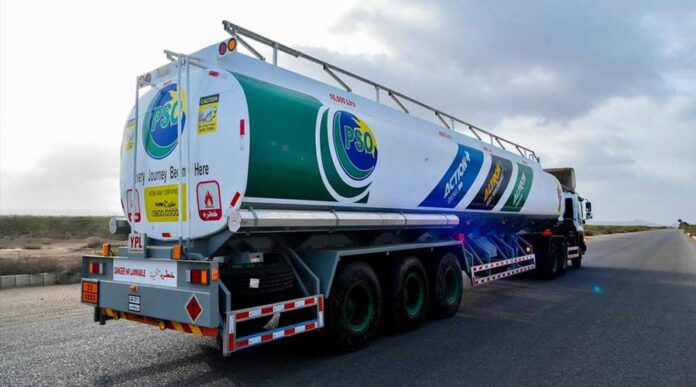Pakistan State Oil (PSO), the country’s largest state-owned oil marketing company, entered 2025 under significant financial pressure, with its receivables surging to Rs858 billion by the end of 2024. The increase, driven by overdue payments from key clients, highlights the financial challenges faced by the energy sector.
As of June 2024, PSO’s receivables stood at Rs810 billion but escalated to Rs858 billion by December, primarily due to its role in importing liquefied natural gas (LNG) for supply to Sui Northern Gas Pipelines Limited (SNGPL). SNGPL alone owes PSO Rs542 billion, including Rs269 billion in overdue payments, making it the company’s largest debtor.
The power sector is the second-largest defaulter, with dues totaling Rs161 billion. Within this sector, state-owned generation companies owe Rs158 billion, while Kot Addu Power Company (Kapco) accounts for Rs3.5 billion.
Pakistan International Airlines (PIA) owes Rs29.5 billion, and the federal government’s outstanding obligations include Rs1.8 billion under a price differential claim from 1996-2014 and Rs58 billion linked to exchange rate losses under the FE-25 loan.
Additionally, PSO is awaiting Rs65 billion in sales tax refunds from the Federal Board of Revenue (FBR).
Despite these financial hurdles, PSO maintained its leadership in the oil market. In December 2024, its market share stood at 45.99% for high-speed diesel (HSD) and 40.54% for motor spirit (MS). However, its overall market share dropped from 51% in November to 45% in December, largely due to a decline in HSD sales.
For the fiscal year ending June 30, 2024, PSO reported a net profit of Rs19.6 billion, with net sales rising 6% to Rs3.74 trillion compared to Rs3.54 trillion the previous year. However, the company also faces payables amounting to Rs48.5 billion, including Rs32 billion owed to Pak Arab Refinery Limited (Parco), Rs9 billion to Pakistan Refinery Limited, Rs6 billion to Attock Refinery, and Rs1 billion to National Refinery.




